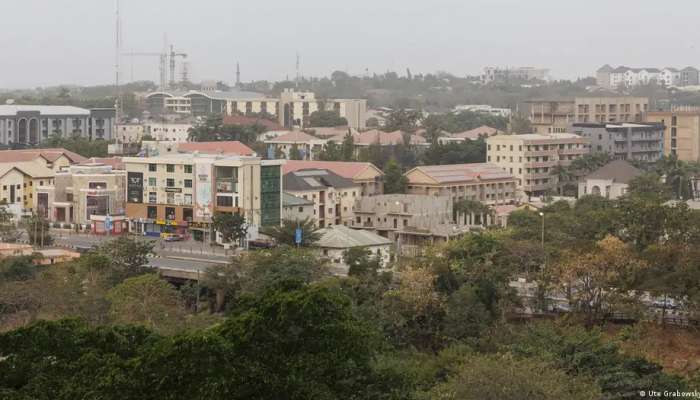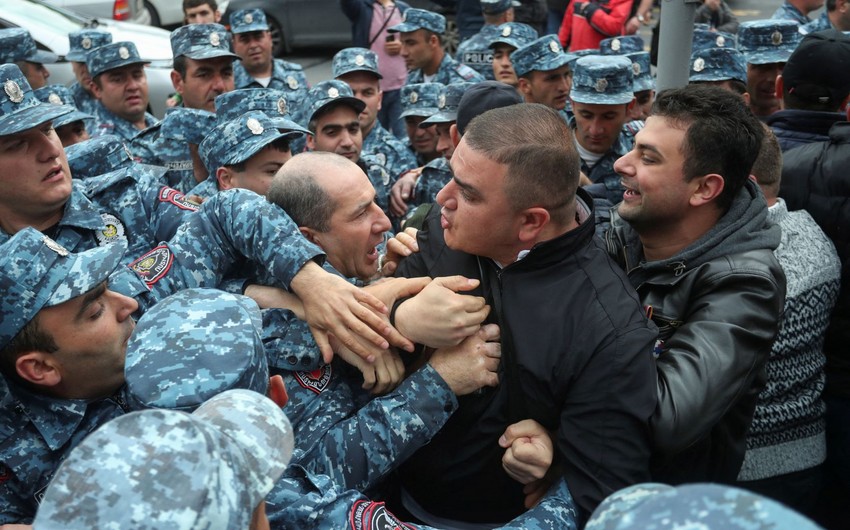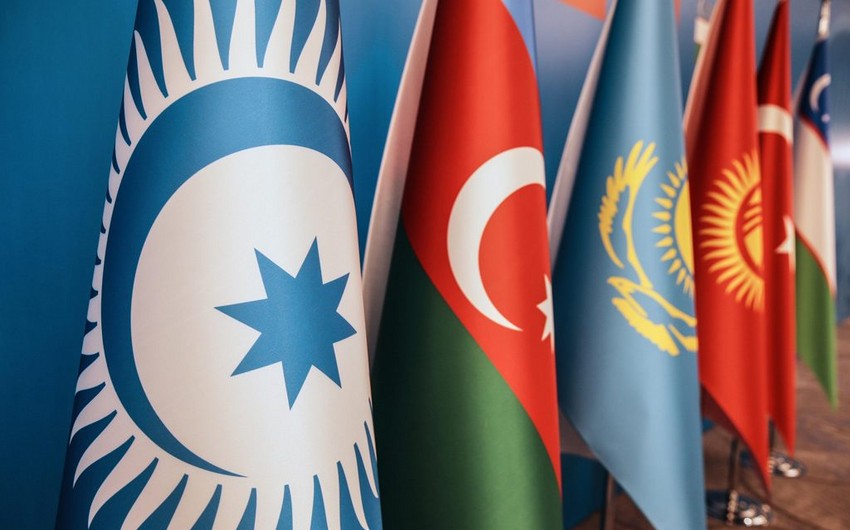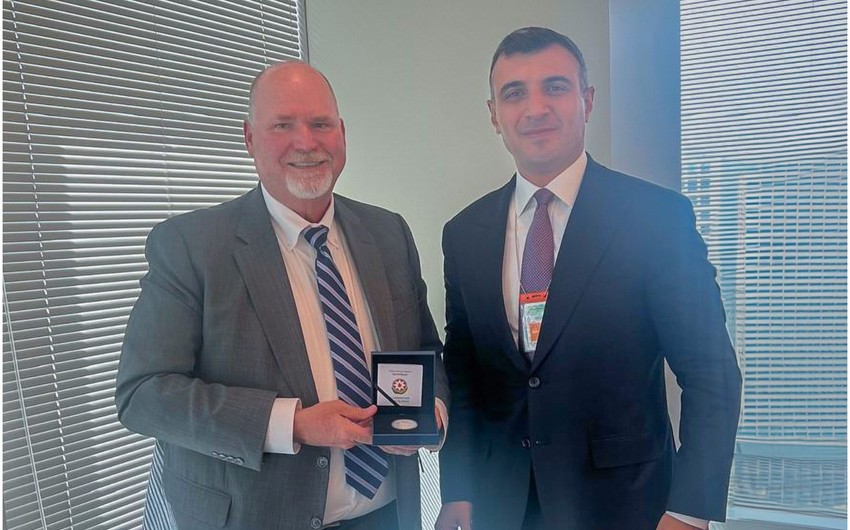Every day brings new stories about Russian interference in the 2016 election, whether Donald Trump played a role, and alleged abuses by our intelligence agencies.
One of the deepest, darkest, most important issues in the whole mess has to do with the massive number of “unmaskings” of U.S. citizens. It potentially opens a can of worms squirmier than many other issues.
To understand, it helps to begin with the aftermath of the 9/11 terrorist attacks, when U.S. intel agencies sought to expand their surveillance authority — for what seemed like all the right reasons. (For context, a week before 9/11, Robert Mueller had become FBI director; a month earlier, James Clapper had been named head of the agency that supplies image intel to the CIA, and John Brennan recently had become CIA deputy executive director.)
Wiretapping foreigners who could be terrorists isn’t as sensitive an issue, since our law doesn’t give them the same protection as U.S. citizens. The problem comes when wiretaps include U.S. citizens in contact with foreign targets. That’s called “incidental” collection.
And it’s not just phone calls. Today’s wiretaps can include everything on the web — emails, bank accounts, photos, messaging, Facebook posts. And “incidental collection” can include anything picked up when a target is watched directly, through a bug, or by secretly activating his computer’s microphone and camera.
U.S. citizens who aren’t accused of crimes are entitled to strong constitutional privacy protections. So, to alleviate worries that citizens’ rights might be violated through “incidental” spying on foreign targets, the intel agencies adopted strict rules. At first, they promised to destroy any “incidental” intelligence they collected. Later, they decided to store it — for a short time — but promised that the names of the U.S. citizens would be “masked,” or hidden, even internally.
Then, they argued that they needed to store the information on U.S. citizens a little longer, and might occasionally need to “unmask” or reveal their names. Still, “unmasking” was supposed to be extraordinarily rare, requiring a high-ranking official’s approval accompanied by a strong legal argument that the citizen’s name is crucial to addressing some national-security threat.
But several years ago, intel insiders tell me, the process was corrupted. Here’s how:
An official who is a bad actor may want to monitor a U.S. citizen — say, a political enemy or a journalist — but knows he could never get wiretap approval from the Foreign Intelligence Surveillance Court (FISC). So he develops a pretext to wiretap a foreigner or a target in contact with that citizen. He then “incidentally” captures the citizen’s information, too. Later, he builds a case for “unmasking” the U.S. citizen’s name, supposedly for national security or other crucial reasons.
Here’s the best part — for the bad actors. The U.S. citizens are usually none the wiser. The surveillance isn’t intended to build a criminal case; it’s to collect dirt or political intel or blackmail material. So the corrupt process is never scrutinized in a U.S. court.
Think of it as reverse engineering of intel.
In 2016, very real questions were raised about whether reverse engineering of intel was widely deployed in an unethical manner. A red flag waved when we got a sense of how many Americans are “incidentally” surveilled — so many, that near-daily unmasking requests were said to be made in 2016 under the name of a single official: United Nations Ambassador Samantha Power.
Who else was involved? Then-acting Attorney General Sally Yates, national security adviser Susan Rice, and Director of National Intelligence Clapper. Clapper said he requested unmasking of American names “every couple of weeks.” Apparently, it became so common that Clapper told Congress he probably made some requests on his way out the door before Trump’s inauguration, but couldn’t recall the specifics.
Rice initially claimed she knew nothing about the unmasking of surveilled Trump associates. Later, she admitted on MSNBC that she had asked for names of U.S. citizens previously masked in intelligence reports.
Add to all this the report that, during 2016, the Obama administration vastly expanded its searches for information about Americans in the National Security Agency (NSA) database. In 2013, there were 9,500 searches involving 198 Americans. In 2016, that escalated to 30,355 searches of 5,288 Americans.
Sure, it’s possible all that spying on U.S. citizens, all those unmaskings, were on the up and up.
But what if my sources are correct and at least some of these actions are not on the up and up? After all, our intel agencies have gotten caught in significant abuses, despite FBI Director Christopher Wray incorrectly testifiying to the contrary.
In 2016, an inspector general found “widespread” abuse of key provisions designed to protect Americans. A FISC judge found so many violations that he described them as an institutional “lack of candor” and “a very serious Fourth Amendment issue.”
Does any of this have something to do with the NSA reportedly listening in on Congresswoman Jane Harmon (D-Calif.) as she spoke to pro-Israel lobbyists? Somebody leaked her unmasked name in 2009. Or the recordings of Congressman Dennis Kucinich (D-Ohio) in 2011 as he spoke to a Libyan official? Those were later leaked to the press.
What about reports of our intel officials listening in on U.S. members of Congress in 2015 as they communicated with Israel’s prime minister about the Obama administration’s Iran deal?
Is it why Sens. Lindsey Graham (R-S.C.) and Rand Paul (R-Ky.) asked whether they’d been surveilled? Or why, at a hearing in 2017, Yates and Clapper admitted having reviewed and possibly shared “classified documents in which Mr. Trump, his associates or members of Congress had been unmasked”?
Could it help explain my own case in which government spy software was found on my work and personal devices?
Hypothetically, if bad actors abused their authority, might they be so anti-Trump partly because a wildcard Trump administration could be expected to unearth what they’d been doing all these years?
One final note: Last October, Amb. Power reportedly told congressional investigators that many of the hundreds of “unmasking” requests in her name in 2016 were not made by her. If true, it implies something equally problematic, or worse: Someone else in the government used her name to unmask Americans.
The good news would seem to be that there’s documentary evidence of all this ... if anyone wants to discover it. There are names of who requested what and when, information as to where unmasked intel was sent, names of those who searched the NSA database and under what auspices. Unlike a lot of facets of the Trump-Russia-intel controversy, this trail should be easily traceable.
But we just might be too busy chasing the pretty colors flashing before us every day. They might be keeping us from taking a good hard look at a very serious matter.
Officials involved in unmaskings insist they did nothing improper, that their motivations were to protect the nation. They say they did not act for political reasons, or to spy.
If they did, people could go to prison. Theoretically.

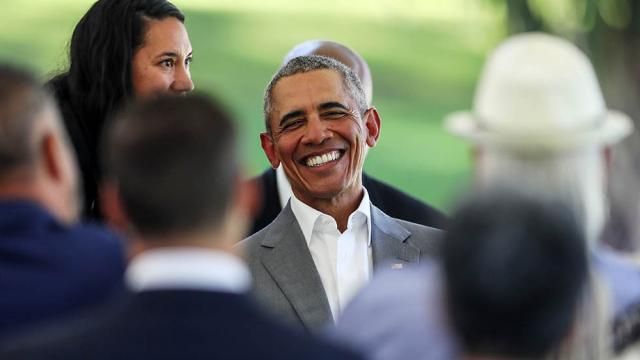



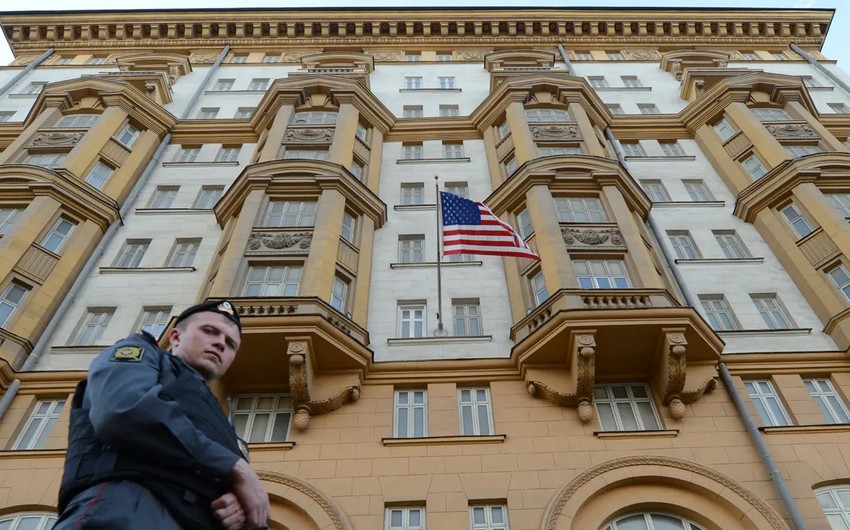

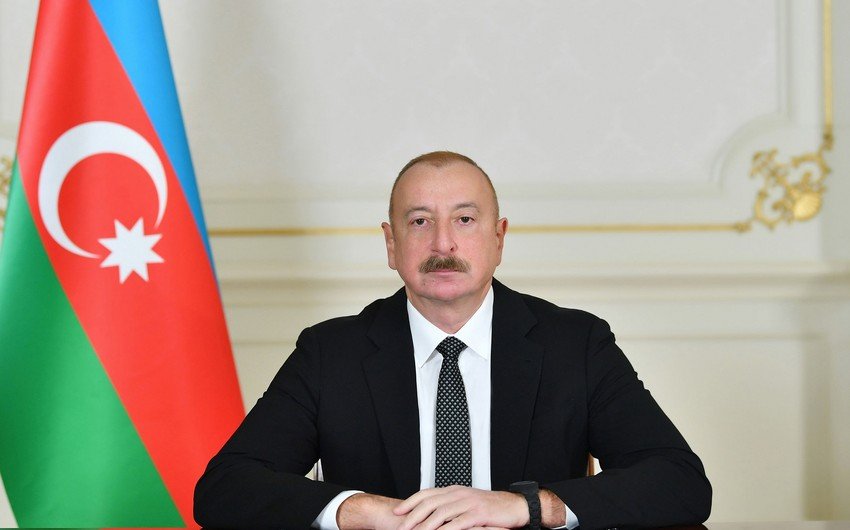
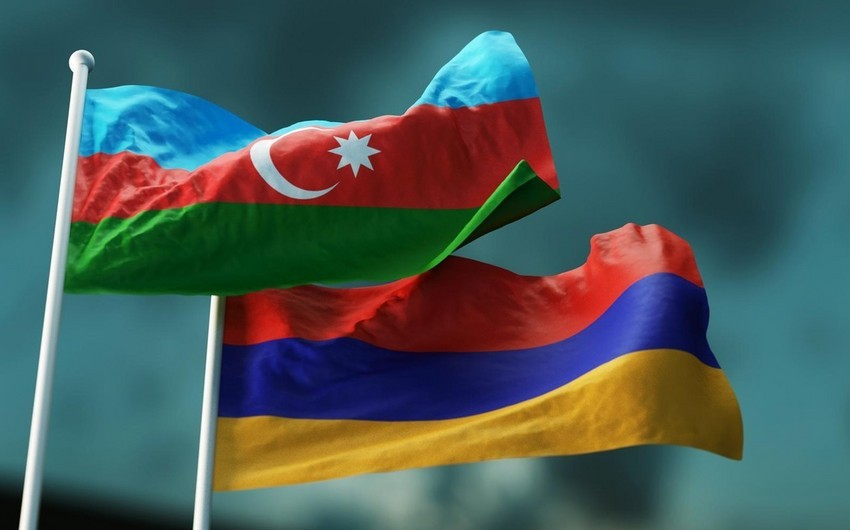
.jpg)
.jpeg)


